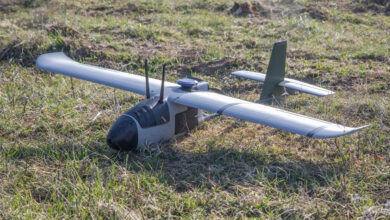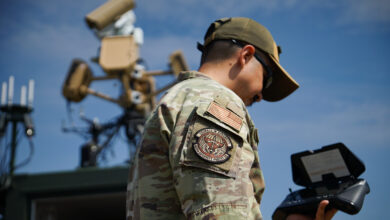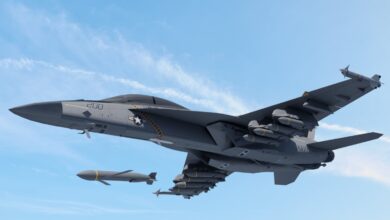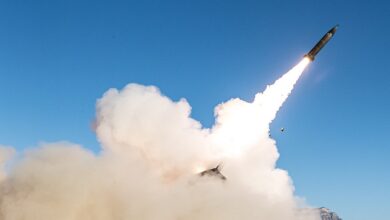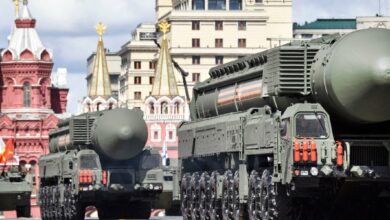The United States doesn’t want to engage in warfare in space but must be prepared for such a scenario, Chief of Space Operations Gen. John W. Raymond said during the Air Force Association’s 2020 Air, Space & Cyber Conference.
“We want to deter that from happening,” Raymond stressed. “However, if deterrence fails, a war that begins or extends into space will be fought over great distances at tremendous speeds.”
To plan for conflict in such conditions, the US Space Force must be lean, agile, and fast, Raymond said. “I’m not confident that we can achieve victory, or even compete, in a modern conflict without space power,” he mentioned. The general added that he was not willing to lose in order to learn.
Increased Urgency
Raymond’s call for quick, decisive action evoked an increased urgency in response to growing challenges posed against the United States.
“Our adversaries are moving deliberately and quickly in order to reduce our advantage,” Raymond said. In July, Washington accused Russia of testing a suspected “in-orbit anti-satellite weapon.” The UK corroborated the accusation.
“In order to be ready for this conflict we must be bold,” Raymond said. “We must innovate. We must move and think faster. And we must empower and leverage the outstanding talent we have in the Space Force.”
.@SpaceForceCSO: Space Force is a mandate for change.
-We must bring unity of effort across the department
-Reduce duplication of effort
-Slash costs
-All while increasing our speed— United States Space Force (@SpaceForceDoD) September 15, 2020
The Chief of Space Operations offered a detailed picture of what a space war would entail. “Direct ascent anti-satellite missiles can reach low earth orbit in minutes,” he described. “Electronic attacks and directed energy weapons move at the speed of light, and on orbit capabilities move at speeds greater than 17,500 mph.”
The United States must have the capability to neutralize these threats and “punch back” if needed. Raymond stressed that establishing options in space will allow the country more leverage to act in other domains.
Alliances and Measures
As part of efforts to fortify the American presence in space, the Space Force established a Space and Missile System Center, seeking to partner with Japan, New Zealand, Australia, France, Germany, and the United Kingdom.
Raymond identified an agreement the US is forging with Norway, wherein American payloads will be included in Norwegian space launches. They will also equip Japanese satellites with US military capabilities.
Raymond also intends to publish a “space doctrine” which seeks to inform the “why” and “how” of the space program. The purpose is to garner more support from space and air industries and professionals, and even Congress to recognize the Space Force’s intent to “compete, deter, win and lead.”



